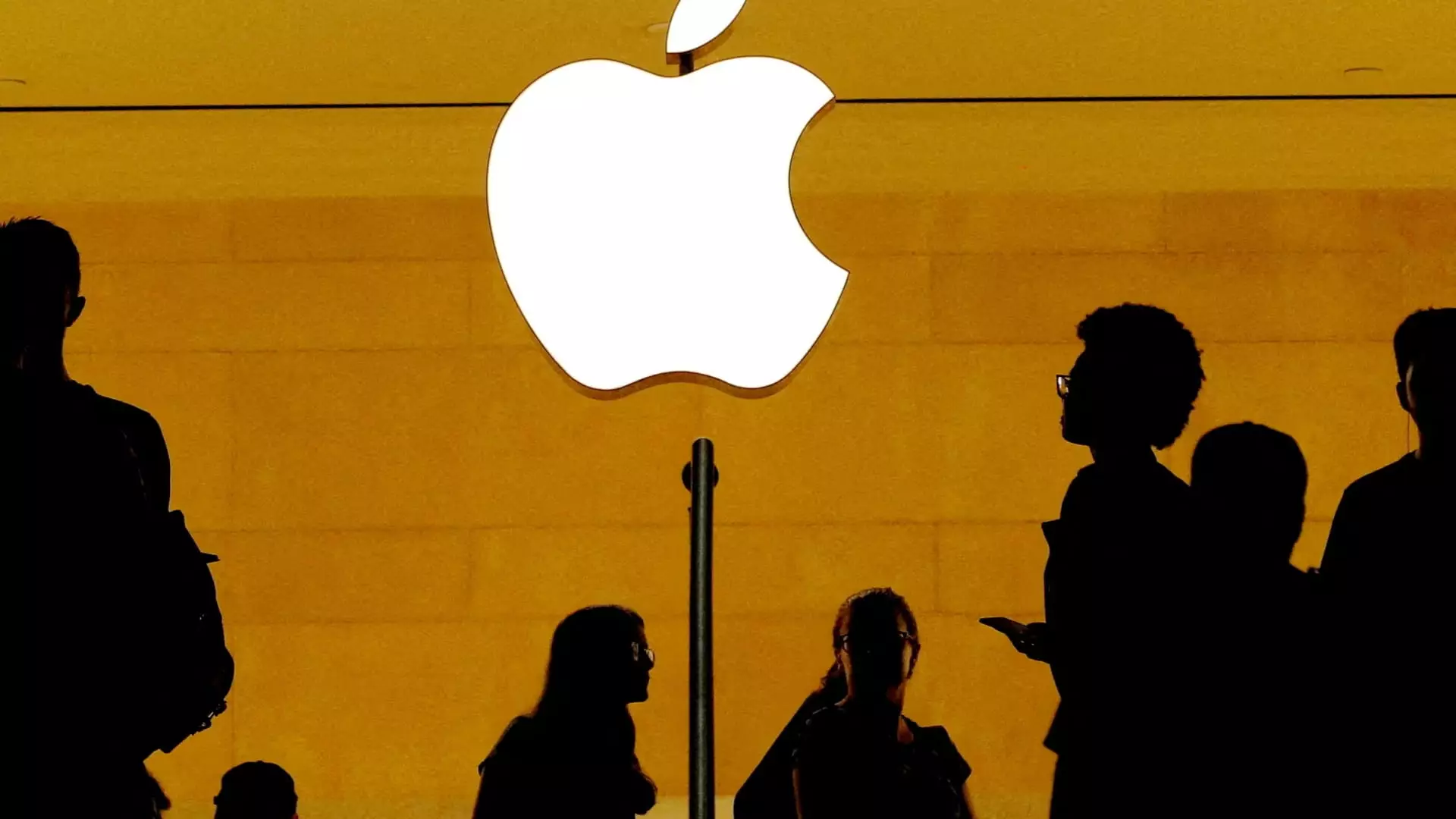In the dynamic world of stock markets, the earnings reports released by major corporations can trigger significant fluctuations in share prices. This analysis delves into the most notable recent performances of various companies, shedding light on the factors influencing market reactions and examining the broader implications for investors.
Alphabet, the parent company of Google, experienced a stark 7% drop in its stock following its fourth-quarter revenue report. With earnings of $96.47 billion falling short of analysts’ expectations of $96.56 billion, concerns mounted. Although Alphabet announced a substantial investment of $75 billion in its artificial intelligence strategy for 2025—significantly exceeding the anticipated $58.84 billion—investors remained skeptical about the short-term financial performance. It raises questions about whether aggressive investments in AI may distract from crucial revenue growth in the immediate future.
The ride-hailing giant, Uber, saw a 5% decrease in stock value as it warned about potential impacts from a strong dollar on first-quarter bookings. Despite managing to surpass revenue expectations with $11.96 billion for the fourth quarter—outdoing the predicted $11.77 billion—investors are clearly wary about potential currency headwinds affecting future performance. This scenario illustrates the delicate balance companies must navigate when contending with global economic factors.
Chipotle Mexican Grill stock experienced a nearly 4.9% decrease after it disclosed disappointing same-store sales growth for the fourth quarter. Despite exceeding earnings expectations with an adjusted EPS of 25 cents against a forecast of 24 cents, the company projected low to mid-single-digit growth for same-store sales in fiscal 2025, leading to investor caution. Such announcements highlight the volatility in the fast-casual dining sector, where customer preferences can shift rapidly.
Chinese e-commerce platform PDD witnessed a significant loss of around 7.1% following the U.S. Postal Service’s suspension of inbound package acceptance from China due to undefined reasons. Although the USPS later reversed this decision, the initial reaction revealed vulnerabilities within PDD’s supply chain dependencies and its reliance on specific trading loopholes in its U.S. operations. Investor sentiment is easily influenced by regulatory developments, particularly in the context of international trade dynamics.
Apple’s shares fell approximately 2% amid reports suggesting potential scrutiny from Chinese regulators regarding its App Store policies. Concerns regarding regulatory actions in such a critical market for Apple highlight the intricate interplay between innovation and compliance, often forcing companies to reassess their operational frameworks to align with regional requirements.
On a brighter note, Johnson Controls International witnessed a nearly 8% surge in stock after exceeding earnings expectations with 64 cents per share—five cents above estimates—and reporting revenue of $5.42 billion. Similarly, Novo Nordisk’s shares climbed 3% after the pharmaceutical giant outperformed expectations with a net profit of 28.23 billion Danish kroner, illustrating strong fundamentals amid broader market volatility. Such performances show that not all companies are affected negatively by their earnings reports, as solid results can buoy investor confidence.
In stark contrast, FMC Corp’s stock plummeted by 23% following weak guidance and disappointing fourth-quarter revenue figures, revealing the risks associated with failing to meet expectations. Additionally, Match Group experienced a 9% drop due to adjusted operating income trailing beneath projections. Both situations serve as reminders of how critical accurate guidance and meeting analyst expectations are in maintaining investor trust.
The recent fluctuations in stock prices due to various corporations’ earnings reports shed light on the complexities of market dynamics. Investors are tasked with evaluating both immediate financial outcomes and long-term strategic plans when making decisions. The challenges faced by well-known players like Alphabet, Uber, and Chipotle indicate that the road ahead may remain bumpy, while strong performers like Johnson Controls and Novo Nordisk provide a counterbalance showing that positive fundamentals can still deliver strong market confidence. As the economy continues to evolve and global factors exert influence, ongoing vigilance and analysis will be paramount for stakeholders navigating these uncertain waters.

